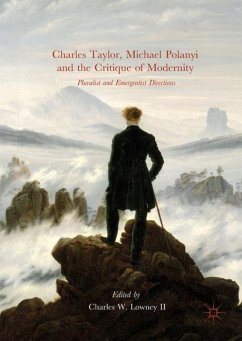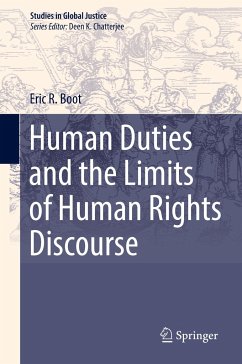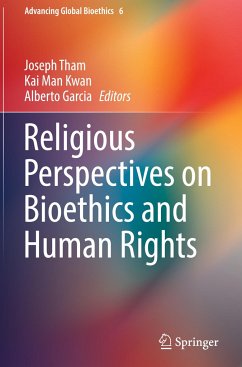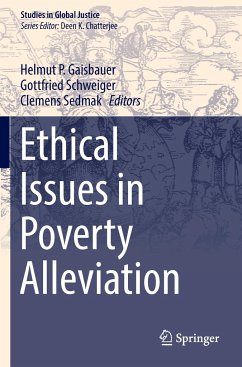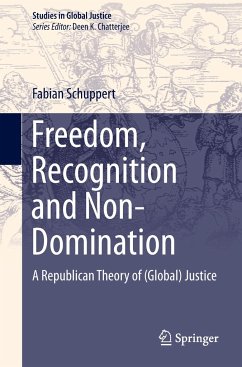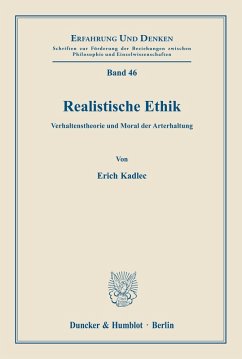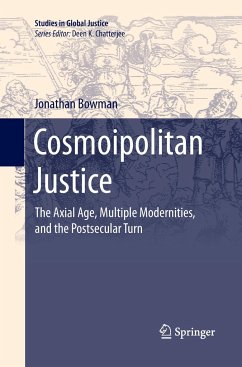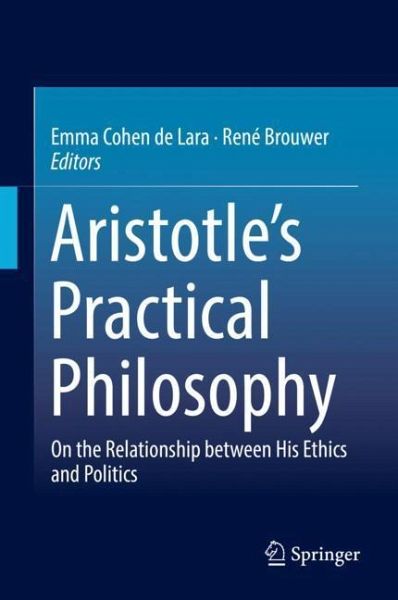
Aristotle's Practical Philosophy
On the Relationship between His Ethics and Politics
Herausgegeben: Cohen de Lara, Emma; Brouwer, René

PAYBACK Punkte
46 °P sammeln!
This book is the first collection of essays in English devoted solely to the relationship between Aristotle's ethics and politics. Are ethics and politics two separate spheres of action or are they unified? Those who support the unity-thesis emphasize the centrality for Aristotle of questions about the good life and the common good as the purpose of politics. Those who defend the separation-thesis stress Aristotle's sense of realism in understanding the need for political solutions to human shortcomings. But is this all there is to it? The contributors to this volume explore and develop differ...
This book is the first collection of essays in English devoted solely to the relationship between Aristotle's ethics and politics. Are ethics and politics two separate spheres of action or are they unified? Those who support the unity-thesis emphasize the centrality for Aristotle of questions about the good life and the common good as the purpose of politics. Those who defend the separation-thesis stress Aristotle's sense of realism in understanding the need for political solutions to human shortcomings. But is this all there is to it? The contributors to this volume explore and develop different arguments and interpretative frameworks that help to make sense of the relationship between Aristotle's Ethics and Politics. The chapters loosely follow the order of the Nicomachean Ethics in examining topics such as political science, statesmanship and magnanimity, justice, practical wisdom, friendship, and the relationship between the active and the contemplative life. They have in common an appreciation of the relevance of Aristotle's writings, which offer the modern reader distinct philosophical perspectives on the relationship between ethics and politics.





